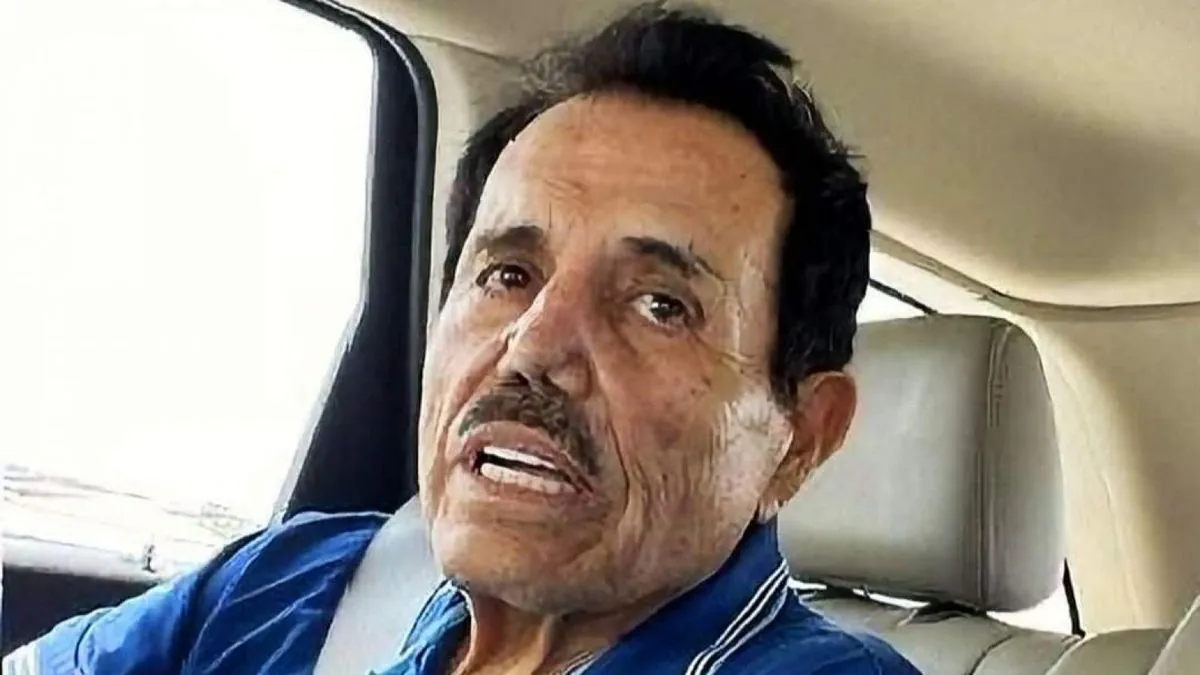Ismael "El Mayo" Zambada, the 76-year-old co-founder of Mexico's Sinaloa cartel, has agreed to be transferred from Texas to New York to face charges, according to a recent court filing. This development comes approximately 14 months after his arrest near El Paso on July 25, 2023.
Zambada, who has been involved in drug trafficking since the 1970s, was apprehended alongside Joaquín Guzmán López, son of the infamous drug kingpin Joaquín "El Chapo" Guzmán. Both individuals are currently incarcerated and facing various drug-related charges in the United States.
Federal prosecutors in Texas had previously requested Zambada's transfer to the New York jurisdiction encompassing Brooklyn. This is the same location where El Chapo Guzmán was convicted in 2019 and sentenced to life imprisonment for drug and conspiracy charges.
Initially, U.S. District Judge Kathleen Cardone in El Paso had denied the request for Zambada's relocation. However, a subsequent motion revealed that Zambada and his legal team have consented to the move. The transfer now awaits Judge Cardone's approval.
Zambada is facing charges in multiple jurisdictions. In El Paso, he has pleaded not guilty to various drug trafficking charges. The New York indictment includes more serious allegations, such as running a continuing criminal enterprise, murder conspiracy, and other drug-related offenses.
"The transfer of Ismael Zambada to New York is a significant step in bringing one of the world's most notorious drug traffickers to justice."
The Sinaloa Cartel, co-founded by Zambada in the late 1980s, is considered one of the most powerful drug trafficking organizations globally. With an estimated annual revenue of $3 billion, the cartel's operations span over 50 countries and control up to 60% of Mexico's drug trade.
Zambada, often referred to as the "last Mohican" of old-school Mexican drug lords, has been on the FBI's most wanted list since 2003. Known for his low profile and strategic alliances, he has managed to evade capture by Mexican authorities throughout his career.
The cartel's innovative smuggling methods, including the use of tunnels, submarines, and drones, have contributed to its longevity and success. Zambada is credited with pioneering the use of underground tunnels for drug transportation.
As the legal proceedings unfold, the focus remains on bringing Zambada to trial and potentially dismantling one of the most influential criminal organizations in recent history. The outcome of this case could have far-reaching implications for international drug trafficking networks and law enforcement efforts worldwide.
